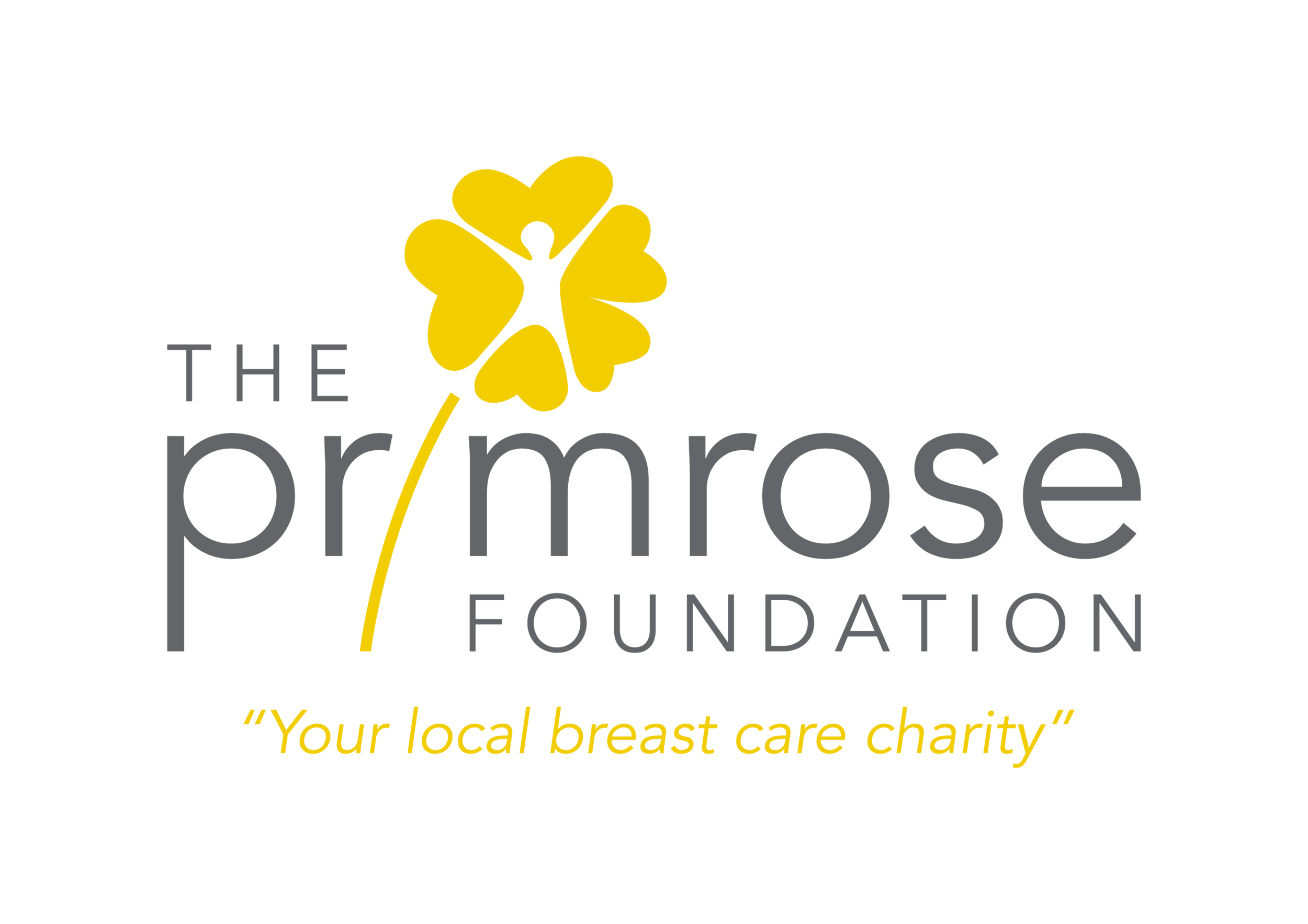Tips on How to Cope with Stress After a Breast Cancer Diagnosis
For many of us life is stressful, trying to juggle, home, work, childcare and maybe a bit of a social life too but imagine adding a cancer diagnosis into that mixture. It just doesn’t work and everything you tried so hard to structure and balance can all come crashing down, no matter how super-organised or too busy to be ill, you are.
OK - things may not fall down physically, but they do emotionally. After a breast cancer diagnosis, it is perfectly normal to feel like things are falling apart around you. It is natural to try and understand why life has dealt you this card and not someone else. In truth, you did nothing. Cancer is not choosy; it does not select whom to affect. Breast cancer is a disease in which cells in the breast have grown out of control and out of your control.
What you can control however is how you cope with this life-changing news and the effects your treatment will have on you and those around you. Know that you are going to go through a rollercoaster of emotions - this is to be expected and very normal.
Stress and anxiety often go together when it comes to a cancer diagnosis. Feelings can range from being a bit uneasy to a continuing sense of dread. You may sometimes feel a bit panicky and frightened - who wouldn’t.
Nothing can prepare you for the physical and emotional effects of a breast cancer diagnosis and the treatment that follows, however we can try our best to help you deal with some of those stresses and give you some advice on things you could try.
Distraction: Learn to focus on something else around you, such as a hobby or interest, so that you can shut out negative thoughts. Knitting, sewing, or colouring can be good examples of this.
Relaxation, mindfulness, and meditation: These can be used separately or together to reduce stress and tension, relax the mind and body and help improve wellbeing. Try googling relaxation techniques such as mindfulness and meditation.
Counselling: Counselling can either be arranged via your Breast Care Nurse or you can pay for private counselling. Both options are completely confidential. You will be able to explore feelings such as anger and anxiety, which can be related to your cancer diagnosis, making them easier to understand and cope with.
Cognitive behavioural therapy (CBT): CBT can help you to change patterns of thinking and behaviour that may be stopping you from moving forward. Unlike some techniques, it focuses on problems and difficulties you’re having in the ‘here and now’. Instead of exploring causes of your distress or symptoms in the past, it looks for ways to improve your state of mind in the present.
Physical activity: Regular light, physical activity, can help clear your mind and reduce your stress levels. A brisk walk or yoga are good examples of how to clear your mind and reduce your stress levels.
Complementary therapies: Some people find complementary therapies and activities such as yoga, tai chi and chi gong reduce stress and improve their mood.
Talk to someone:This is the most important tip above any others. If you’re finding it difficult to cope emotionally, you should talk to someone about how you’re feeling. This could be someone in your specialist team, your GP, friend or family member. It is good to talk and open up about your emotions and anxieties. Talking to someone who has had a similar experience may also help too. You can do this through a local support group, such as ‘Bosom Pals’.


